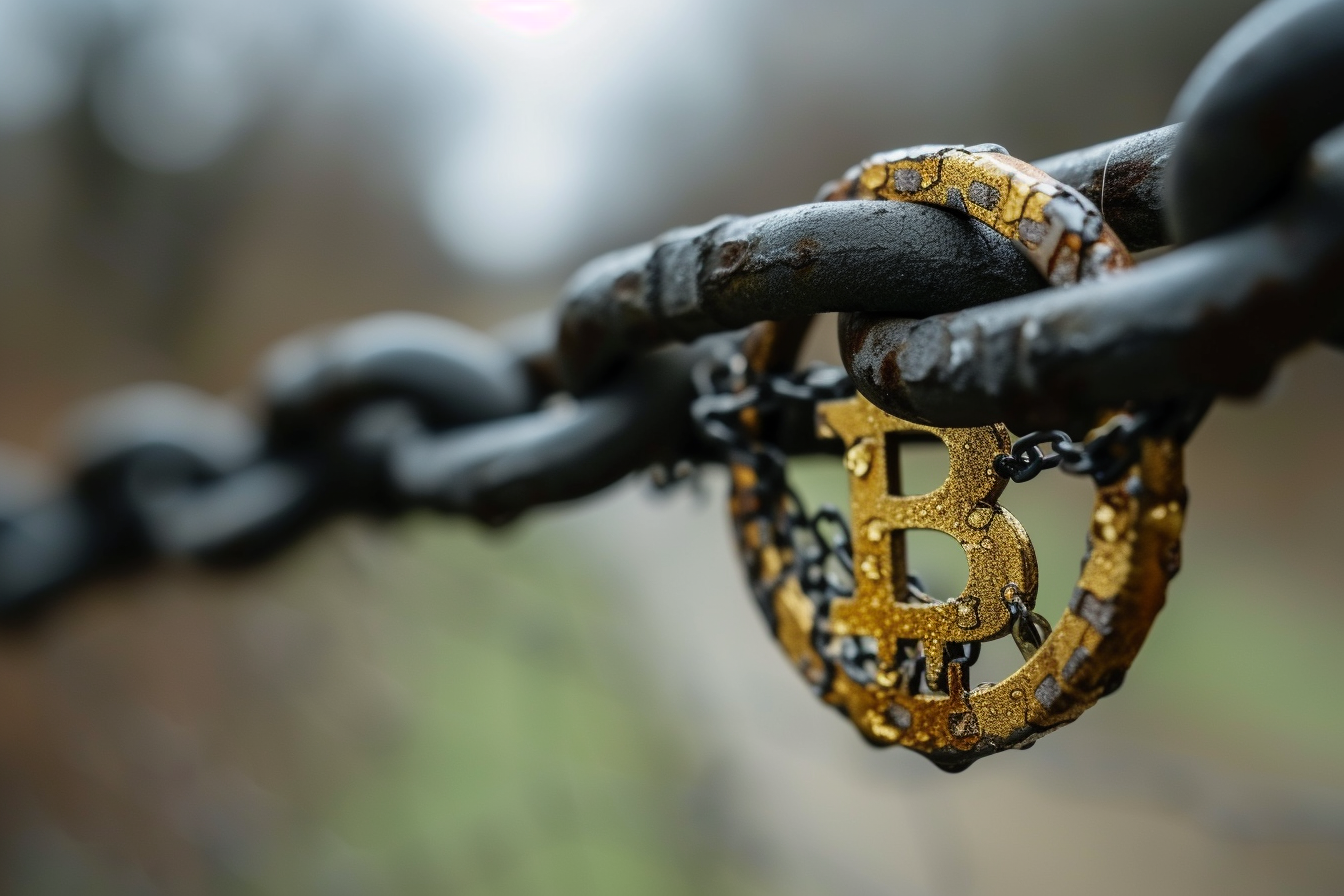Table of Contents
In a move to bolster the security and integrity of digital asset custodial services, Hong Kong's finance regulator issued a comprehensive circular on February 20, 2024, outlining new guidelines for authorized institutions (AIs) engaging in the custody of digital assets.
HKMA's said decision to introduce new guidelines stems from the recognition of the growing interest among AIs in providing custodial services for digital assets. As these services expand, the need to safeguard client assets against theft, fraud, and mismanagement becomes increasingly critical.
"To ensure that such client digital assets held by AIs in custody are adequately safeguarded and that the risks involved are properly managed, the HKMA considers it necessary to provide guidance on AIs’ provision of digital asset custodial services," Alan Au, executive director for banking conduct at the Hong Kong Monetary Authority (HKMA), said.

The guidelines are designed to ensure that AIs have robust governance, risk management, and operational frameworks in place to protect client digital assets effectively, and are part of a broader trend towards establishing clear regulatory frameworks for digital assets globally. When compared with standards in other major financial centers, such as the United States (via the SEC and FINRA) or the European Union (under frameworks like MiCA), the HKMA's guidelines reflect a similar commitment to protecting investors, ensuring market integrity, and mitigating systemic risk.
Key Features of the Guidelines
The circular emphasizes several core principles that AIs must adhere to when offering digital asset custodial services:
- Governance and Risk Management: AIs are required to conduct comprehensive risk assessments and establish appropriate policies and controls to mitigate identified risks. This includes ensuring that the board and senior management exercise effective oversight over custodial activities.
- Segregation of Client Digital Assets: AIs must keep client digital assets in segregated accounts, distinct from the AI's own assets, to protect them from being claimed by the AI's creditors in case of insolvency.
- Safeguarding of Client Digital Assets: The guidelines specify measures for the secure management of digital assets, including the use of cold storage for a substantial portion of assets and robust systems to prevent unauthorized access.
- Delegation and Outsourcing: AIs are allowed to delegate or outsource custodial services under strict conditions, ensuring that any third-party service providers meet the same high standards expected of AIs.
- Compliance and Implementation: AIs intending to provide custodial services must engage with the HKMA to demonstrate compliance with the guidelines, with existing service providers required to review and confirm their adherence within six months.
Implications for the Industry
Hong Kong has emerged as a dynamic hub for digital asset activities, driven by a vibrant ecosystem of startups, financial institutions, and regulatory frameworks that support innovation while ensuring financial stability and consumer protection.
The digital assets industry, encompassing cryptocurrencies, tokenized securities, and other blockchain-based assets, has seen exponential growth, necessitating enhanced regulatory oversight to address the complexities and risks associated with these new forms of assets.
The new guidelines are set to have far-reaching implications for the digital assets landscape in Hong Kong. By establishing clear standards for the custody of digital assets, the HKMA aims to enhance the security and reliability of these services, thereby boosting investor confidence and promoting the sustainable growth of the digital assets sector. But they're likely to have a significant impact on startups and smaller institutions aiming to enter this market in Hong Kong as they'll need to ensure they have the necessary infrastructure and expertise to comply with the stringent requirements set out by the HKMA.
Still, it's a prudent move to make - bringing regulatory approaches in line globally can facilitate international collaboration and the setting of global standards for digital asset custody. This harmonization is crucial for the development of a cohesive global digital asset market, enabling more straightforward cross-border operations for custodial service providers and enhancing investor confidence across jurisdictions.









